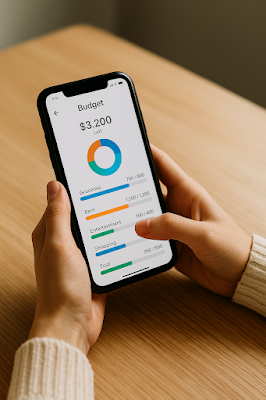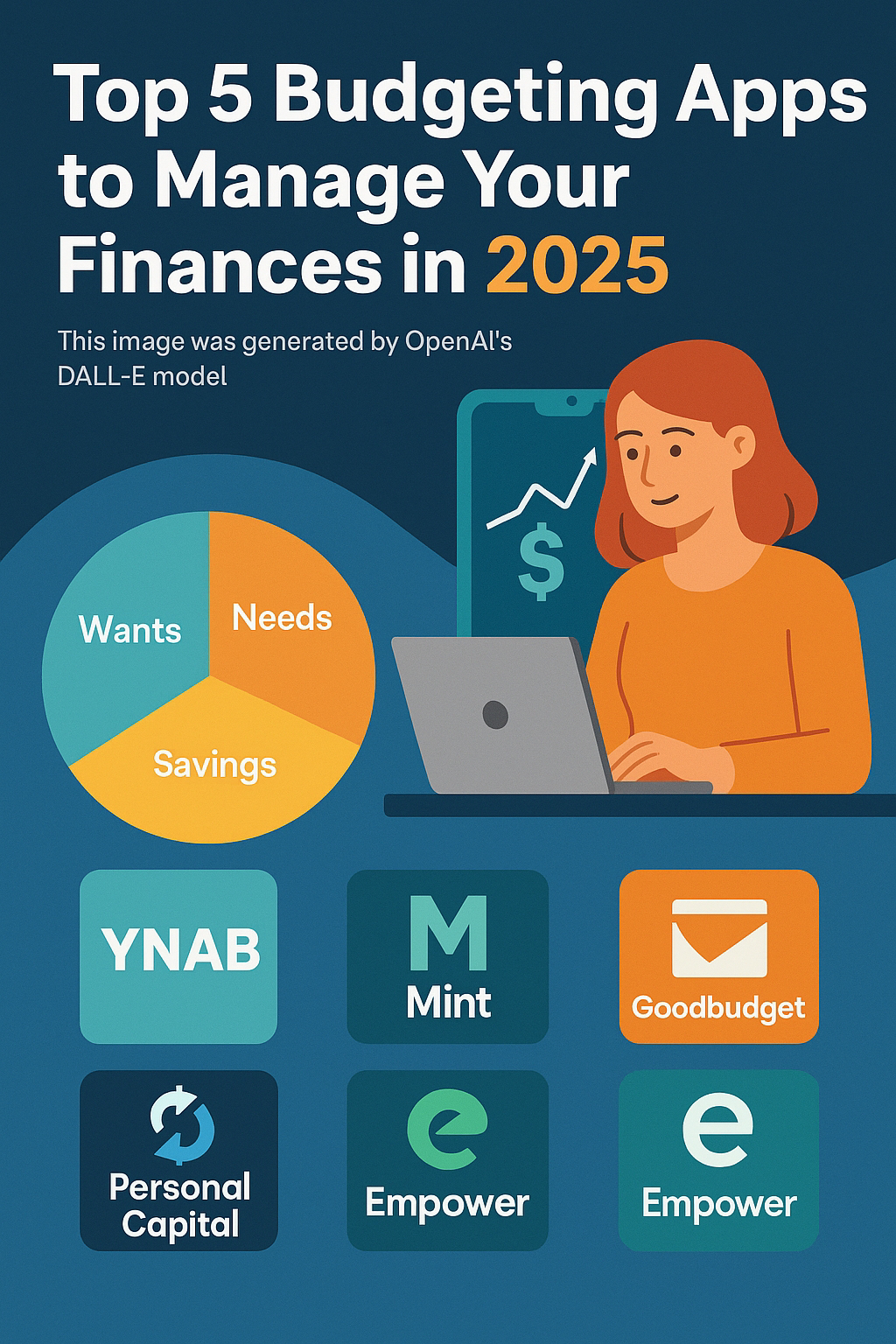How to Build an Emergency Fund Without Stress

How to Build an Emergency Fund Without Stress How to Build an Emergency Fund Without Stress Unexpected expenses happen—car repairs, medical bills, job loss. An emergency fund gives Australians peace of mind in 2025. Here’s how to build one without feeling overwhelmed. Building a safety net doesn’t have to be stressful—start small and grow steadily. Why an emergency fund matters Covers unexpected expenses without debt. Protects against job loss or reduced income. Prevents dipping into long-term investments. Provides peace of mind and financial stability. How much should Australians save? Experts recommend 3–6 months of essential expenses. For most Australians, start with a first milestone of $1,000, then build gradually. Simple steps to build your fund Open a separate account: Keep it separate from daily spending. Automate transfers: Set...







